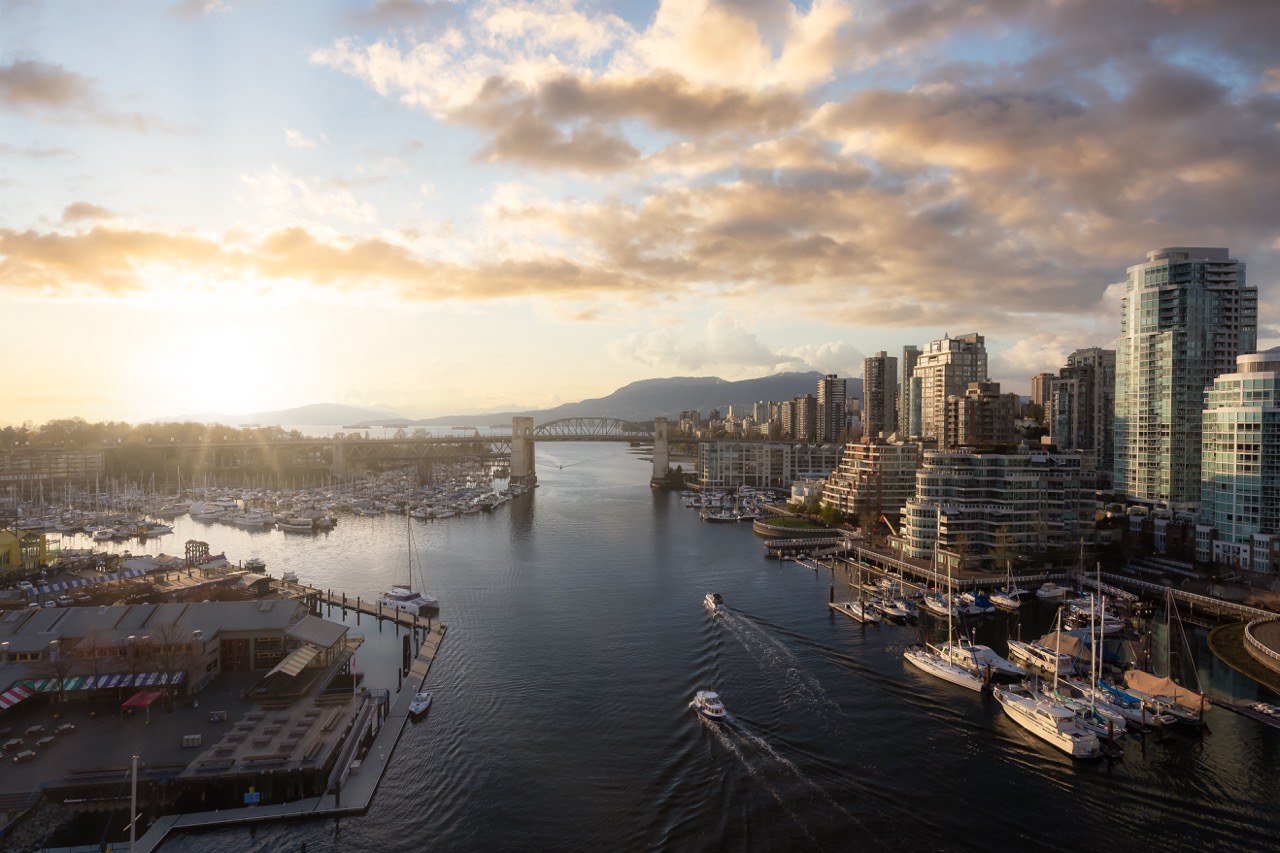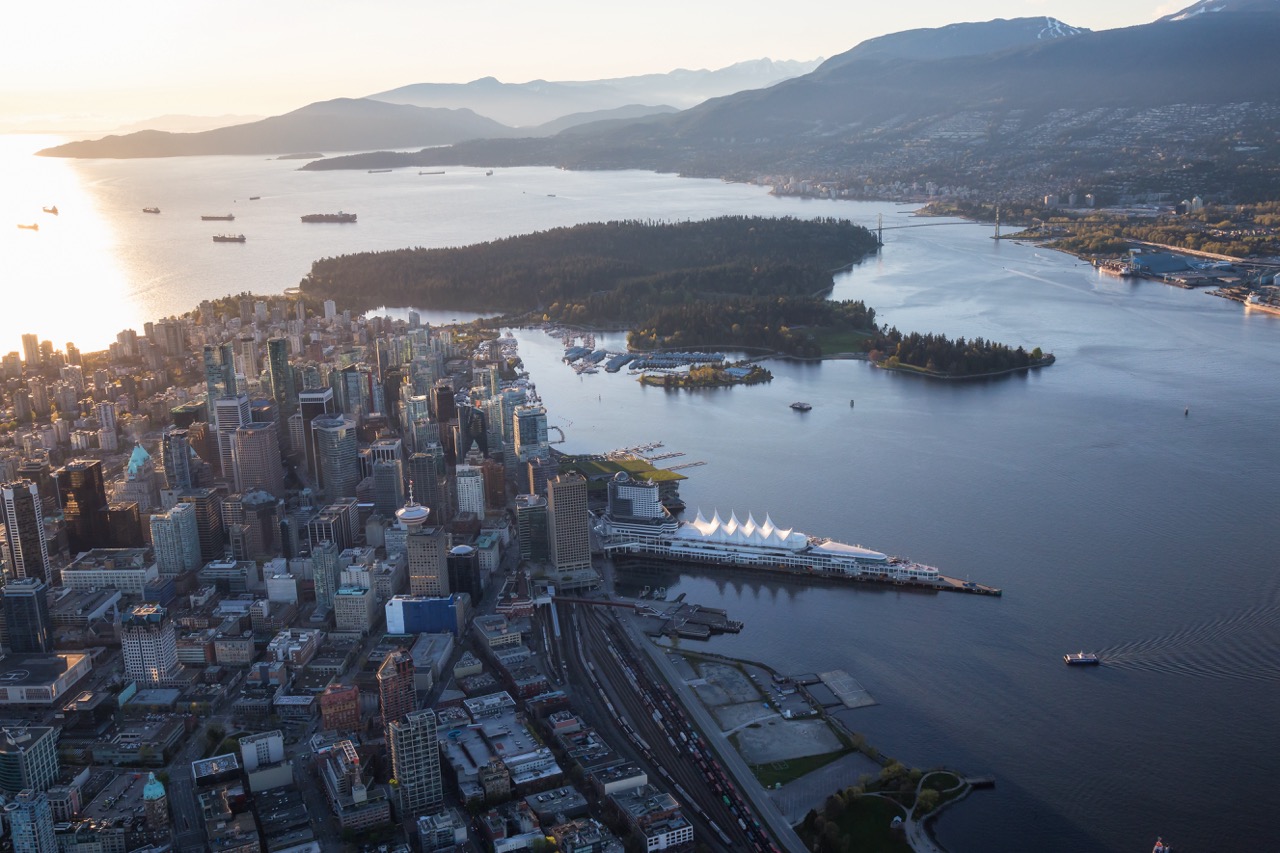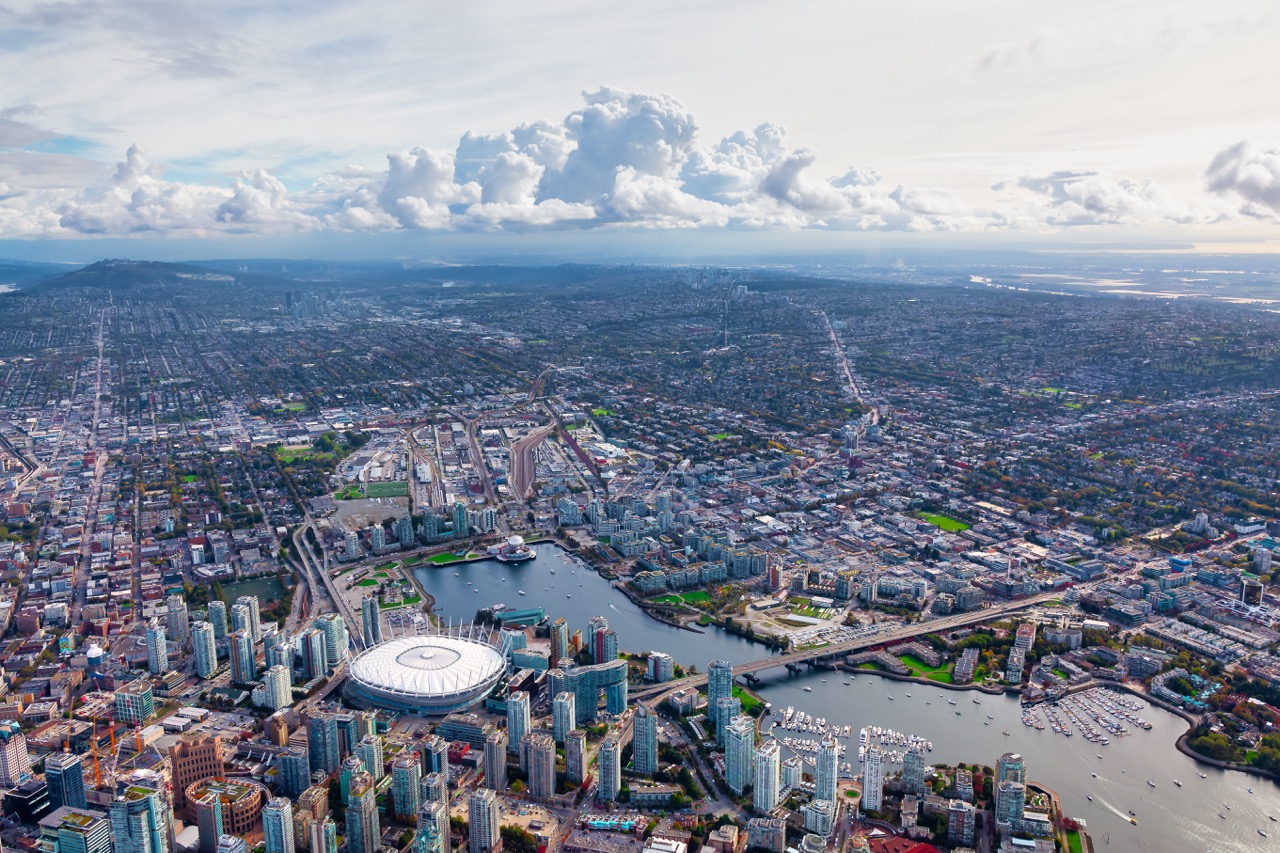As environmental concerns continue to escalate, more travelers are seeking eco-friendly options that not only allow them to explore the beauty of the world but also preserve it. British Columbia (BC), with its stunning landscapes and rich biodiversity, has positioned itself as a leader in sustainable tourism practices. This article will explore the concept of eco-friendly travel in BC, its benefits, top destinations, eco-friendly accommodations, responsible activities, and tips for minimizing your carbon footprint while enjoying the natural wonders of this incredible province.
Understanding Eco-Friendly Travel in British Columbia
Eco-friendly travel in British Columbia revolves around minimizing one’s impact on the environment while maximizing the benefits for local communities and wildlife. This approach encompasses a wide range of practices, from choosing sustainable transportation options to engaging with local cultures and economies. BC’s commitment to preserving its natural beauty makes it a perfect destination for eco-aware travelers. The province’s diverse ecosystems, including coastal rainforests and majestic mountain ranges, offer innumerable opportunities to experience nature responsibly.
The provincial government and various local organizations actively promote initiatives aimed at enhancing the sustainability of tourism. Efforts include establishing protected areas, offering educational programs about conservation, and encouraging travelers to adopt low-impact practices. By exploring eco-friendly travel options, visitors not only contribute to the preservation of BC’s stunning landscapes but also support the local economy by choosing sustainable ventures operated by environmentally conscious businesses.
In addition to protecting the environment, eco-friendly travel fosters a deeper understanding and appreciation for the cultural and natural heritage of British Columbia. Visitors who engage with Indigenous communities and learn about their traditional land stewardship practices gain insights into the importance of harmony between humans and nature. This understanding enriches the travel experience while ensuring that the legacies of BC’s diverse populations are respected and preserved for future generations.
Key Benefits of Sustainable Tourism Practices
Sustainable tourism practices offer numerous benefits that extend beyond environmental preservation. One of the most significant advantages is the economic boost that eco-conscious travel provides to local communities. Sustainable practices often lead to job creation and the promotion of local businesses, ensuring that the profits generated from tourism are reinvested back into the community. This approach not only enhances the local economy but also empowers residents by involving them in decision-making processes related to tourism development.
Moreover, eco-friendly travel helps to mitigate the negative impacts of mass tourism, such as overcrowding and resource depletion. By spreading visitors across different regions and promoting off-the-beaten-path experiences, sustainable tourism reduces pressure on popular destinations. This shift not only protects delicate ecosystems but also enhances the overall travel experience by providing a more intimate and authentic connection with nature and local cultures.
Lastly, sustainable tourism practices contribute to the conservation of natural habitats and wildlife. Many eco-tourism initiatives in BC focus on protecting endangered species and preserving vital ecosystems. Tourists who engage in these practices help fund conservation efforts, ensuring that future generations can enjoy the same breathtaking landscapes and biodiversity that make British Columbia so unique.
Top Eco-Conscious Destinations in BC to Explore
British Columbia is home to a plethora of eco-conscious destinations that cater to environmentally-minded travelers. One standout location is the Great Bear Rainforest, one of the largest temperate rainforests in the world. This pristine ecosystem is a haven for wildlife, including the rare white Kermode bear, commonly known as the "spirit bear." Visitors can partake in guided eco-tours that promote conservation efforts while providing an unforgettable experience in this incredible landscape.
Another remarkable destination is the Gulf Islands, where travelers can experience sustainable agriculture, artisanal crafts, and outdoor adventures. The islands are renowned for their organic farms, and visitors can enjoy farm-to-table dining experiences while learning about local food production methods. The region is also ideal for kayaking and whale watching, allowing visitors to engage with nature while supporting eco-friendly operators that prioritize conservation.
Lastly, the Okanagan Valley is famous for its vineyards and wineries that embrace sustainable practices. Many wineries have adopted organic farming techniques and eco-friendly operations, making it a perfect destination for wine lovers seeking a greener experience. Visitors can partake in vineyard tours, tastings, and educational workshops that highlight the importance of sustainable agriculture in protecting the land and local communities.
Eco-Friendly Accommodations That Make a Difference
Finding eco-friendly accommodations is essential for travelers committed to sustainable tourism. British Columbia is home to various lodges, hotels, and bed-and-breakfasts that prioritize environmental responsibility. Many of these accommodations utilize renewable energy sources, implement water conservation practices, and offer locally sourced food options. Staying at these establishments allows visitors to enjoy comfort without compromising their eco-conscious values.
Among the standout options is the Nimmo Bay Resort, a remote eco-lodge located in the Great Bear Rainforest. This resort offers luxurious accommodations while emphasizing sustainability and conservation. Visitors can explore the surrounding wilderness through guided adventures, all while enjoying a commitment to minimizing environmental impact. Nimmo Bay’s dedication to eco-friendly practices makes it a prime example of responsible travel in action.
Another excellent option is the Tofino Resort + Marina, which is known for its eco-friendly initiatives, including a focus on reducing waste and promoting local businesses. The resort offers a range of activities that highlight the unique coastal environment, such as paddleboarding and bear watching while emphasizing the importance of protecting this delicate ecosystem. Such accommodations demonstrate that travelers can enjoy high-quality services while supporting preservation efforts in British Columbia.
Responsible Activities for the Conscious Traveler
Engaging in responsible activities is essential for eco-friendly travelers aiming to make a positive impact during their visit. One of the best ways to do this in British Columbia is through wildlife watching, where travelers can observe animals in their natural habitats. However, it is crucial to choose operators that adhere to ethical wildlife viewing guidelines, which minimize disturbance to animals and their environments. This practice ensures that wildlife remains healthy and thriving while providing an educational experience for travelers.
Another responsible activity is hiking on established trails. BC is renowned for its extensive network of hiking routes, many of which are designed to minimize the ecological footprint. By sticking to marked paths, hikers help protect fragile ecosystems and avoid damaging native flora and fauna. Additionally, participating in organized clean-up events can further enhance the hiking experience by contributing to the preservation of these beautiful landscapes.
Lastly, travelers can support local artisans and businesses by purchasing handcrafted goods and participating in cultural experiences. Engaging with Indigenous communities through workshops, storytelling, and local tours enriches the travel experience and helps preserve traditional practices. By choosing to buy local, travelers contribute to the economic well-being of the community while ensuring that the unique cultural heritage of British Columbia is upheld and celebrated.
Tips for Reducing Your Carbon Footprint While Traveling
Reducing your carbon footprint while traveling in British Columbia requires a proactive approach. One of the most effective ways to do this is by opting for sustainable transportation methods. Visitors can choose to fly directly to their destination, utilize public transport, or rent electric vehicles instead of traditional gas-powered cars. Additionally, biking or walking whenever possible can significantly reduce carbon emissions and offers a more immersive way to experience the local environment.
Choosing eco-friendly accommodations is another critical step in minimizing your impact. Look for hotels and lodges that have received green certifications, as they typically implement various sustainability practices, such as energy efficiency measures and waste reduction initiatives. Supporting businesses that prioritize environmental responsibility not only enhances your travel experience but also encourages more establishments to adopt similar approaches.
Lastly, being mindful of your consumption during your travels can have a profound effect on your carbon footprint. Simple actions, such as minimizing water usage, reducing single-use plastics, and supporting local food sources, contribute to a more sustainable travel experience. By making conscious choices, travelers can enjoy all that British Columbia has to offer while helping to protect its stunning landscapes and ecosystems.
Eco-friendly travel in British Columbia presents a unique opportunity for travelers to experience the province’s breathtaking natural beauty while actively contributing to sustainability efforts. By understanding the benefits of sustainable tourism, exploring eco-conscious destinations, selecting responsible accommodations, engaging in thoughtful activities, and adopting practices that reduce carbon footprints, visitors can make meaningful decisions that positively impact both the environment and local communities. As the demand for eco-friendly travel rises, British Columbia continues to lead the way, offering unforgettable experiences that honor the land and its rich cultural heritage.





